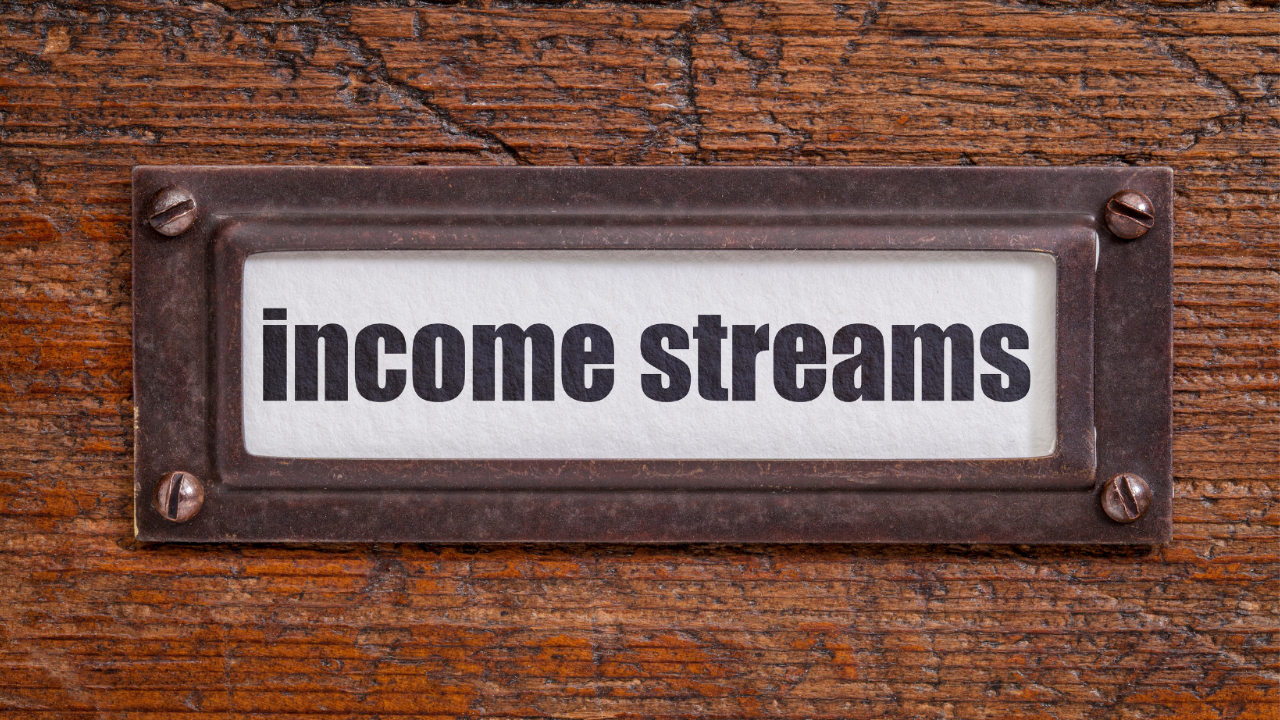Why You Need to Start Tracking Your Time Immediately

Recently I enjoyed chatting with a coaching client – a mid-career nurse-writer who’s looking to level-up her business and reach the six-figure realm.
Since this was our first meeting, I ran through a series of questions I like to ask every client to get a baseline reading of where they’re at. Some of the things I ask are:
- How many hours are you putting in per week, altogether?
- How many assignments per month are you writing, on average, and how long do they take you?
- What is your effective hourly rate?
Like many writers, this nurse could not accurately answer any of these questions because she doesn’t track her time. That’s not a criticism of her, by any means! Lots of writers don’t track their time.
By the end of our conversation, I had given her one primary task to accomplish between sessions: Get a time-tracking app and use it religiously so we could start analyzing her business numbers next time we chat.
Today, I’m here to make the case for why you need to track your time, effective immediately. Let me explain why.
The Importance of Calculating Your Effective Hourly Rate
The absolute, Number One reason to track your time is so you can calculate your effective hourly rate. Otherwise, you can’t possibly know how much you’re really earning.
When it comes to pricing your services, you have a lot of options: per-word, per hour, per project. And you may find yourself using all of these types of pricing from time to time, depending on the client.
The problem here is that these apples-to-oranges comparisons don’t yield accurate numbers that allow you to figure out if you’re meeting your income goals. How do you know if that 50-cents/word blog post pays an equivalent amount to that $2,000 project fee for a white paper?
My preferred method for standardizing my rate of pay is by calculating an “effective hourly rate” (EHR). I define this as “the hourly rate I would earn on a project if I were billing it by the hour.” You calculate your EHR by dividing the total fee for the project or deliverable by the amount of time it took you to accomplish it. Here are a few examples.
Let’s say that 50-cents/word blog post project paid $500 (for 1,000 words), and it took you four hours to accomplish it. Your EHR here is 500/4 = $125.
Let’s say that $2,000 white paper project took you 20 hours to accomplish. Your EHR in this case is 2,000/20 = $100.
As you can see, although the blog post project paid a smaller total sum, it actually returned a higher effective hourly rate than the white paper project.
To build a sustainable freelance business, I believe you always should keep a finger on the pulse of your effective hourly rate. It’s a key metric that enables you to determine which types of projects to choose over others and which client pays “the most” – because it may turn out the $5,000 retainer client actually pays a far lower EHR than the $1,000 a month client.
But you can’t ever calculate your EHR if you never track your time. So, get to it!
You Need to Get a Handle on How Many Total Hours You’re REALLY Working
The second reason to track your time also involves gathering vital business intelligence. Here’s a harsh truth: People tend to grossly over-estimate the number of hours they actually put into their freelance businesses.
I learned this on a personal level when I first began tracking my own hours, and my subsequent conversations over the years with other seasoned freelance writers confirmed my own experience. If you had asked me, in my third year of freelancing, how many hours a week I spent working on my business, I would have answered, “40.” It certainly felt like I was in the office from dawn to dusk, anyway!
But when I started tracking my time, I discovered I actually was putting in only half that number of hours. I was starting work at a later hour than I’d imagined, and I was quitting earlier than I’d perceived. I was taking 60-90 minute lunch breaks and running errands in the middle of the day.
By the way, I’m not chastising myself for those long lunch breaks or for running daytime errands. To me, the beauty of freelancing is precisely that it allows me to do those things to achieve work/life balance!
But that time away from the office is not time in the office, is it? By tracking my actual office time, I got a good handle on how many hours I actually was investing in my business. Subsequently, I was able to fine-tune my work schedule to put in more hours, which was required for me to achieve the six-figure income I desired.
Time-Tracking Helps You Decide Which Tasks to Outsource
When you’re first starting out as a freelance writer, you’re doing everything yourself: marketing, bookkeeping, writing assignments, updating the backend of your WordPress site, and on and on. And that’s fine…when you’re first starting out.
But once you start making some serious money – once your effective hourly rate climbs into the three-figure range – then it no longer makes sense to do all of that stuff yourself. If your EHR is $100/hour, how does it make economic sense to spend four hours a month updating your WordPress plugins when you could pay someone less than half that much to do it for you?
The very first task I outsourced when my EHR hit $100/hour consistently was housekeeping. Maybe that sounds silly. How is cleaning my house a business task??
I suppose, technically, it’s not. But I can’t deny that, like many people (dare I say “women,” specifically?), I often felt a low-level guilt about putting my work ahead of dusting…or vacuuming…or loading and unloading the dishwasher, or… Does this resonate with you?
And those household chores frequently affected my ability to concentrate on my work. So, outsourcing my house cleaning made total sense, from a business standpoint.
Later, I outsourced many other administrative type functions to people who could do them for a fee that was less than my effective hourly rate. It’s a smart business decision that you’ll want to emulate.
So, there you have it! Three reasons why you need to immediately start tracking your freelance time.






